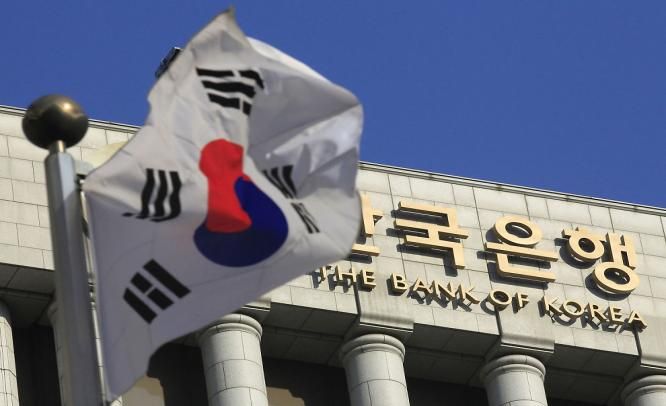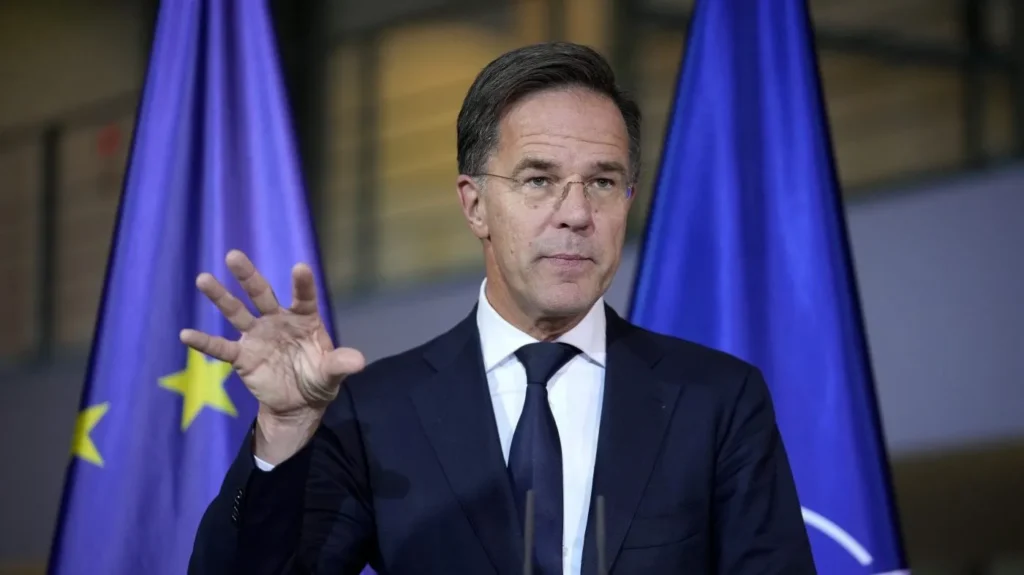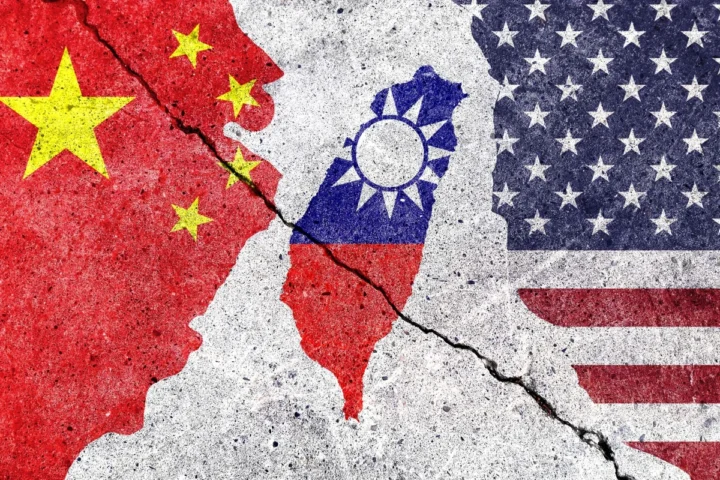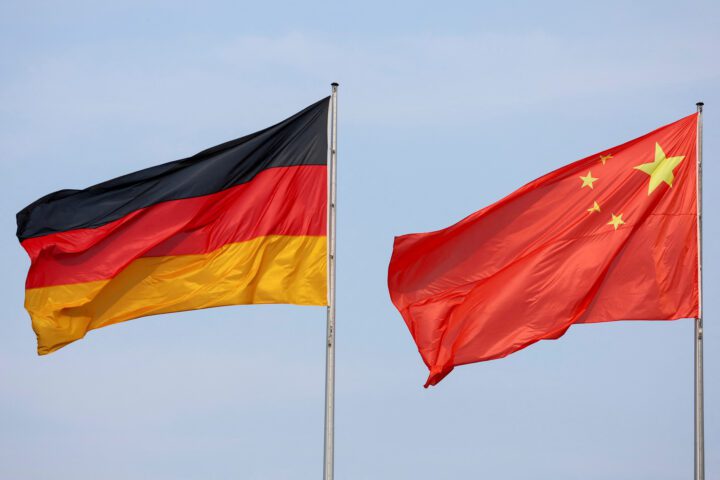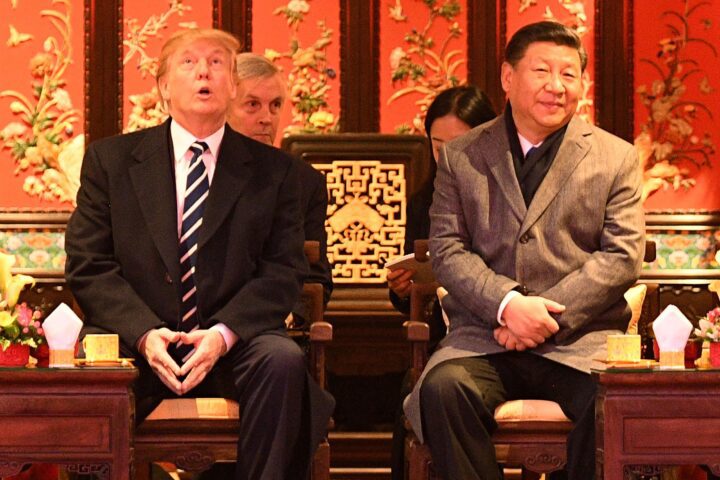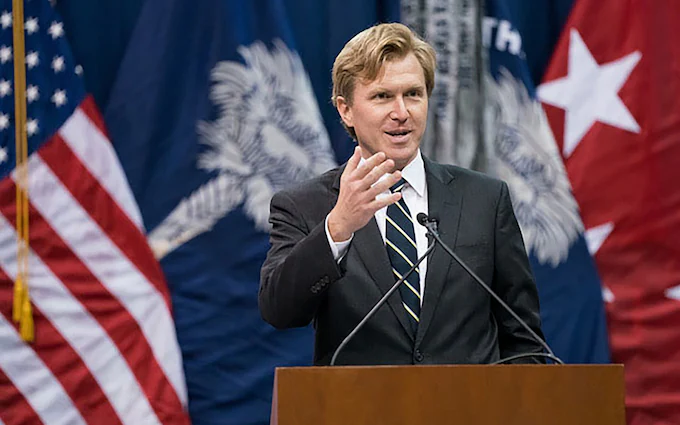In an effort to steady the economic teeter-totter, the Bank of Korea’s monetary policy board has called an extraordinary meeting. The trigger: the recent declaration of martial law by President Yoon Suk Yeol, a move as polarising as it is unexpected. The board’s aim is to discuss measures to insulate the economy and markets from the potential tremors of this political earthquake.
Yoon’s martial law, a drastic measure, has sent ripples of concern through the financial markets. While it may quell the political unrest at home, the imposition of martial law often results in economic uncertainty. Investors, domestic and international alike, tend to shy away from regions undergoing such political upheaval. Their collective recoil could have serious implications for South Korea’s financial health, which has been battle-hardened by COVID-19 and ongoing tensions with North Korea.
The Bank of Korea’s swift action is a sign of its awareness of the gravity of the situation. The extraordinary meeting is set to hash out strategies to stabilise the economy and mitigate the impact of the martial law declaration on the markets. The measures discussed will likely include interest rate adjustments and potential currency interventions, among others, in an attempt to navigate the choppy waters.
The president’s move has thrust the Bank of Korea into a critical role. As the guardian of South Korea’s monetary stability, it now must do more than keep inflation in check. It must prevent the political turmoil from morphing into an economic crisis, a task that calls for deft handling of monetary tools and possible unconventional measures.
The Bank of Korea’s emergency meeting is a testament to the central bank’s readiness to act. However, the success of the board’s efforts will largely depend on their ability to deploy effective measures promptly and, crucially, on the duration and severity of the martial law. If Yoon’s martial law drags on, it could create a sustained period of uncertainty that even the most well-devised monetary policies might struggle to combat.
In this high-stakes game, the Bank of Korea has shown that it is not a passive bystander. It is taking the lead in shielding the economy from the potential fallout of a political crisis. But as the board convenes its emergency meeting, the world watches and waits, aware that the economic fate of South Korea hangs in the balance.
